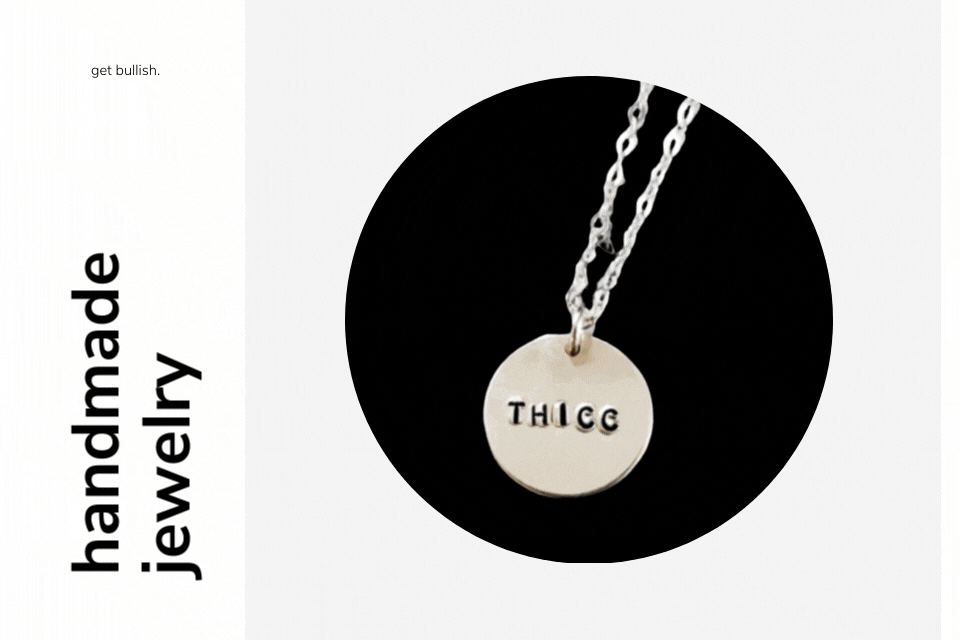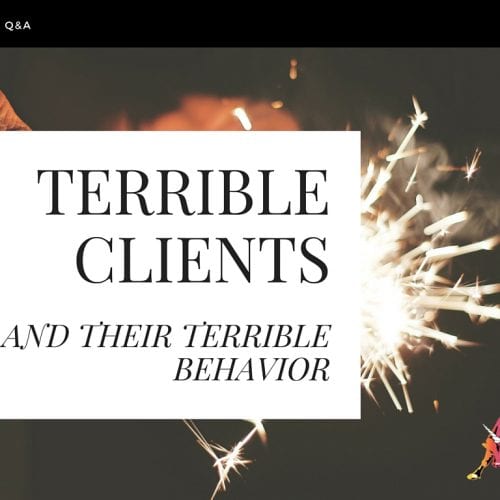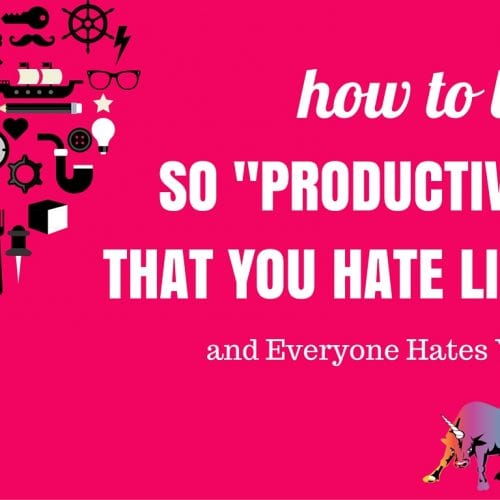When I was fifteen and possibly, in retrospect, a sort of adorable young person stomping around in ugly glasses and Payless heels and shouting about social contract theory, I won the state debate championship of Virginia.
It was a big deal at the time; the “nice” part of Virginia is up near DC, and some were quite offended that some girl from the hinterlands had upset the sociocultural order by taking home a trophy for excellent argumentation.
I held the trophy like a human child on the ride back home to Virginia Beach, enjoyed further attention when I delivered it to the school (where it would live forever) on Monday morning, and then later on Monday, broke down weeping in an empty hallway after debate practice.
Naively, I had thought that winning a debate championship would make something happen. It would make me different; it would make everything different. It would win me love from the universe, because love is obviously doled out in proportion to extracurricular activities.
That’s all pretty cute now. I have grown accustomed to, and can plan for, the inevitable feeling of letdown after a great accomplishment. You did something! But you are too tall to receive pats on the head! You might have to pay for your own congratulatory beer because you are a grownup! There is no Olympic committee keeping track of how great you are! Now go to sleep, wake up, and get started on the next thing.
It’s become a bit of a canard that Generation Y is “addicted to praise” (and, in fact, prefers praise to sex or alcohol, which really seems like a fool’s trilemma, because if you’re doing sex and alcohol correctly, why is there not also praise?!)
But yes, if you spend your whole life being told you’re a special snowflake, you’re going to have a hard time at your job if, for instance, nothing you do in the first two years really matters much. And even if you are receiving the praise you desire, that means you are the total bitch of whoever is giving out the praise; you’re doing whatever that person wants, in exchange for something that costs the praise-giver nothing!
An endless cycle of resume-building and praise is no way to live. But what’s the alternative?
If you feel empty, don’t try harder at the same thing.
Walter Kirn (incidentally the writer of Up in the Air) in an Atlantic essay entitled Lost in the Meritocracy, wrote about his time at Princeton:
As a natural-born child of the meritocracy, I’d been amassing momentum my whole life, entering spelling bees, vying for forensics medals, running my mouth in mock United Nations meetings and model state governments and student congresses, and I knew only one direction: forward, onward. I lived for prizes, praise, distinctions, and I gave no thought to any goal higher or broader than my next report card. Learning was secondary; promotion was primary. No one had ever told me what the point was, except to keep on accumulating points, and this struck me as sufficient. What else was there?
Kirn later parlays this skill into gaming English classes on critical theory:
With no stored literary material about which to harbor critical assumptions, I relied on my gift for mimicking authority figures and playing back to them their own ideas disguised as conclusions that I’d reached myself. The deployment of key words was crucial, as the recognition of them had been on the SATs. With one professor the charm was “ambiguity.” With another “heuristic” usually did the trick. Even when a poem or a story fundamentally puzzled me, I found that I could save face through terminology, as when I referred to T. S. Eliot’s The Waste Land as “semiotically unstable.”
What is the point of living this way? No one cares about achievements. Achievements are something you can mention at a party, before you get into all the interesting things there are to talk about. You can put achievements on a resume, except that resumes are becoming increasingly irrelevant — much like impressing people at a party, a resume is an opener and nothing more. (See Bullish: Basing Your Career On A Resume Is Like Competing In A Brothel Lineup).
If it feels empty, it probably is. Stepping up your efforts won’t help. A little more sound and fury will just signify a little more nothing.
Achievements are just practice for contributions.
Achievements are for children. They are training for contributions. Sure, it’s possible to do both at the same time — some achievements are absolutely also contributions. Have you been building clean wells in villages previously ravaged by cholera? Both an achievement and a contribution!
But achievements alone don’t actually help anyone. They don’t even help you that much. (Ever meet one of those MFAs who never actually writes anything?) Achievements, at best, get you in the door so you can start contributing. I teach, among many other things, GRE classes (see Bullish: How to Run Your Career Like a Business). A perfect GRE score by itself is pointless; its value only activates when I use that to help others achieve their own goals (or wish to flirt with nerds).
Are you stuck in a rut of “achievement”? Here’s a guide:
– Anytime someone says you have “your own” something-something, you probably haven’t yet graduated to the stage of contributing. Think about the difference between, “She runs a jewelry line” (Great! This implies that people buy the jewelry for their own jewelry-wearing ends!) and “She has her own jewelry line” (Aww, you get a head-pat!)
– “Good for you” is not actually a very good compliment. Anytime someone says something is “good for you,” you’ve still got the training wheels on.
– If your resume is amazing, but nothing you have produced will provide pleasure or use for others after you die, you’re still just making “accomplishments.”
– And finally, an actual contribution is something that is no longer all about you. Something where you fade into the background of your own work. Something others appropriate for their own, without needing you anymore.
I have thought about this last point over the past few months as a handful of Bullish readers from around the world have emailed me to say they’re in New York, and would I agree to meet up for a drink? I have generally agreed to do so — and I now am pretty sure that there is no way I can ever, in person, be as interesting, compassionate, or insightful as hoped. In real life, I can’t talk like this. Movies are interesting because they cut out all the parts where people shower and shave themselves; writing is interesting because it is a more concentrated version of all the best things a person has to say. Talking to a writer you enjoy is like getting water-down airport orange juice when you were expecting fresh-squeezed.
If you are contributing, your work doesn’t advertise you; your work is the best of you, and you yourself are no longer needed.
Aiming to contribute is the least douchebag-like path to career success.
Amy Chua, the author who horrified a nation with her “tiger mom” parenting philosophy (and whom I also wrote about in Bullish: What I Learned About Success in a Korean Cram School) is regularly reviled for her tales of calling her daughter “garbage” and forcing her to practice the piano without bathroom breaks. But there’s worse! Here are the unvarnished words of someone who has “achieved” a professorship at Yale Law School, regarding her time at Harvard Law School:
I didn’t care about the rights of criminals the way others did, and I froze whenever a professor called on me. I also wasn’t naturally skeptical and questioning; I just wanted to write down everything the professor said and memorize it.
As the blog Chinese Law and Society writes, “Some of the greatest atrocities in human history have been committed by very smart people who weren’t concerned with those things…. Amy Chua’s philosophy of education isn’t right for the United States — our students need to learn how to participate in civil society, how to interact in public space, and how to determine moral questions when in that space.”
If I could wrench that wasted education right back out of Amy Chua’s brain and give it to literally any underprivileged teenager with mediocre test scores and a normal human quantity of goodwill, I would do it even if it meant Amy Chua would die as a result and go to whatever heaven or hell is for doctrinaire automatons who are unfit for participation in discourse or democracy. By which I mean: Bitch, you are not helping.
Assholes aim to score points on other people, with no larger purpose. Douchebags aim to dominate.
I was recently told about a test prep instructor for a rival business who — having studied seduction techniques — regularly arrives to class 5-7 minutes late to “establish dominance.” (Over people who pay him their hard-earned money to teach them!)
Maybe there will be a future column on protecting yourself from seduction techniques. (But honestly, if someone just insulted you for no reason but seems to also sort of want to have sex with you, um, I think you caught on!) In any case, it’s hard to think of even a single profession in which alpha-male-against-the-entire-world is actually the most effective strategy. If you’re a CEO, you have to manage (and even inspire) people. If you’re playing rugby, you can dominate the other team, but not your teammates or coach. If you’re a doctor, you should have your license revoked for that shit.
And, honestly, we’re all going to die. Probably half of us from cancer. You’re going to get older — not even that old — and your friends (rather than your parents’ friends) will start to die. I think about this all the time (Bullish: Save Up an Emergency Fund, But Be the Kind of Person Who Never Needs One), which is why dominating anyone who is not already a proven asshole seems like a pretty useless way to spend your limited time.
Just as building a career or lifestyle based on being pretty is not a plan for the future (see this one on prettiness and this one on aging), building an empire based on dominance is just as ephemeral. Dominance — whether of the testosterone-fueled variety or the more feminine winning-all-the-contests-by-being-perfect — dissipates as soon as people remove themselves from your sphere of influence, and generally well before you die. Winning for winning’s sake, building up accomplishments, and beating people with no higher good at stake all crumble as soon as you begin chemo.
But back to now. You’re relatively young and healthy right now, no? If you still feel like a bit of a hollow shell despite your hard work, it’s because America is currently involved in an enormous Ponzi scheme of higher education, in which everything in youth is a contest, but we know that very little of it means anything. It’s not a good way to develop one’s character. Sure, some people learn a lot at model UN and go on to be diplomats; my debate training made me monumentally a better thinker. But all that practice means nothing if it never turns into contribution.
All it takes is a little shift. Your goal is not mere achievement, because you are not a child or pageant contestant. A better goal — the thing you want working in the depths of your mind every damn day — is contribution. You’re allowed to advertise those contributions, and you should: excellent contributions should be spread around, and well-compensated. This how you “win” against people who think they’re winning with impressive resumes and bad attitudes, and by poisoning our civic culture. They’re not winning at anything that matters. It’s easy to do better, and you sleep better at night.
(See also Bullish: How to Use Your Career to Make the World A Better Place.)
originally published on The Gloss










